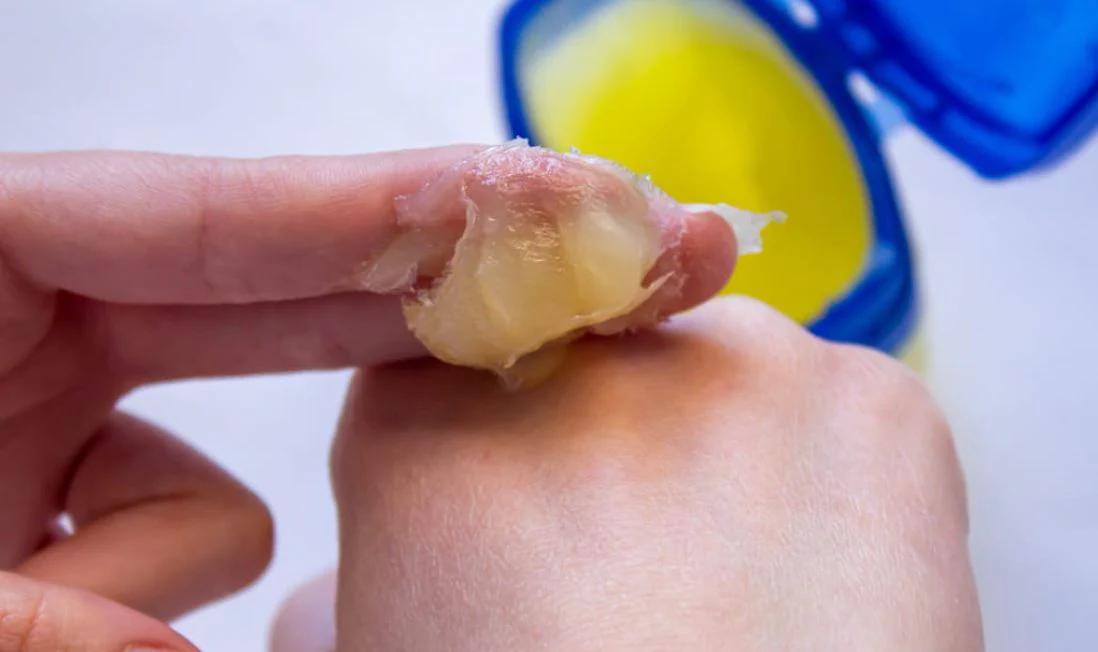Bioidentical Hormone Therapy vs. Conventional HRT: What’s the Difference and Which Is Safer?
Hormone Replacement Therapy (HRT) is one of the most effective treatments for relieving menopausal symptoms like hot flashes, night sweats, mood changes, and low libido. But not all HRT is

Hormone Replacement Therapy (HRT) is one of the most effective treatments for relieving menopausal symptoms like hot flashes, night sweats, mood changes, and low libido. But not all HRT is the same. To navigate the debate of Bioidentical vs Conventional HRT, many women are asking: What’s the difference between bioidentical hormone therapy and conventional hormone medications? And more importantly — which is safer, more effective, and right for me?
This article breaks down the facts, science, and latest research so you can make an informed decision alongside your healthcare provider.

What is Hormone Replacement Therapy (HRT)?
HRT involves replacing declining hormones — most commonly estrogen, progesterone, and sometimes testosterone — to help manage symptoms of perimenopause and menopause. When considering Bioidentical vs Conventional HRT, it’s essential to understand the two main categories. These hormones influence nearly every system in the body, including the brain, bones, heart, and reproductive tissues.
There are two main categories of HRT:
- Conventional (synthetic or animal-derived) HRT
- Bioidentical HRT (custom-compounded or FDA-approved)
What Is Bioidentical Hormone Replacement Therapy (BHRT)?
Bioidentical hormones are chemically identical to those produced by the human body. They are typically derived from plant sources like yams or soy and made to mimic your body’s own estrogen, progesterone, or testosterone.
Forms of Bioidentical Hormones:
- FDA-approved bioidentical medications (e.g., Estradiol patches, Prometrium)
- Compounded bioidentical hormones, custom-made in specialty pharmacies
The popularity of BHRT has grown due to its “natural” label and claims of being more personalized or safer — but the research tells a more nuanced story.
What Are Conventional HRT Medications?
Conventional HRT includes both synthetic and animal-derived hormones. These medications have been widely used for decades and are available in standardized doses.
Common Examples:
- Premarin (conjugated equine estrogens)
- Provera (medroxyprogesterone acetate)
- Combination pills, patches, or creams
These medications are FDA-regulated, extensively studied, and proven to be effective at reducing menopausal symptoms and protecting bone density.
How Do They Compare?
| Factor | Bioidentical HRT | Conventional HRT |
| Source | Plant-based (yams/soy), lab-made | Synthetic or animal-derived |
| Structure | Identical to human hormones | Similar but not identical |
| Custom Dosing | Yes (in compounding pharmacies) | No (standardized dosing) |
| FDA Approval | Some forms approved; compounded not | All products FDA-approved |
| Safety Evidence | Limited long-term data | Decades of clinical research |
| Cost | Often more expensive | Generally covered by insurance |
Are Bioidentical Hormones Safer?
Many proponents of BHRT argue that because these hormones are “natural” and structurally identical to human hormones, they are safer. However, the FDA and major medical organizations like the American College of Obstetricians and Gynecologists (ACOG) caution against overgeneralizing safety claims.
Key Points:
- FDA-approved bioidentical hormones (like estradiol patches) are safe and effective when used appropriately.
- Compounded BHRT, while personalized, is not FDA-approved, may vary in potency, and lacks large-scale safety data.
- The biggest safety concern with compounded hormones is inconsistency in dosage, purity, and lack of regulation.
What Are the Health Risks of All Hormone Therapies?
All hormone therapies — whether bioidentical or synthetic — carry potential risks depending on individual factors like age, family history, and health status.
Risks can include:
- Blood clots
- Breast cancer (especially with long-term estrogen-progestin use)
- Stroke
- Gallbladder disease
However, when initiated within 10 years of menopause onset and at the lowest effective dose, HRT may offer more benefits than risks for many women.
Read About: Hormone Replacement Therapy: Reclaiming Power, Balance, and Identity
Who Might Benefit from BHRT?
Bioidentical hormones may be considered for women who:
- Prefer a “natural” approach
- Are sensitive to synthetic hormones
- Need custom formulations (e.g., allergies to fillers)
- Want to avoid animal-derived ingredients
Still, it’s critical to work with a qualified medical provider, ideally one familiar with hormone therapy and compounding standards.
What is the Right Hormone Therapy for You?
There’s no one-size-fits-all answer to the debate over Bioidentical vs Conventional HRT. For some, FDA-approved bioidentical HRT offers a balanced approach: safe, effective, and well-studied. For others, conventional HRT may be more accessible, affordable, and reliable.
If considering custom-compounded BHRT, ask:
- Is this pharmacy accredited?
- Will hormone levels be monitored regularly?
- Are there FDA-approved alternatives available?
An open discussion with your doctor — grounded in science, symptoms, and your personal risk profile — is essential.
The wrap up
The debate over bioidentical vs. conventional HRT isn’t about good vs. bad — it’s about personalized, informed decision-making. With the right medical support and ongoing monitoring, hormone therapy — of any kind — can significantly improve quality of life during menopause and beyond.








